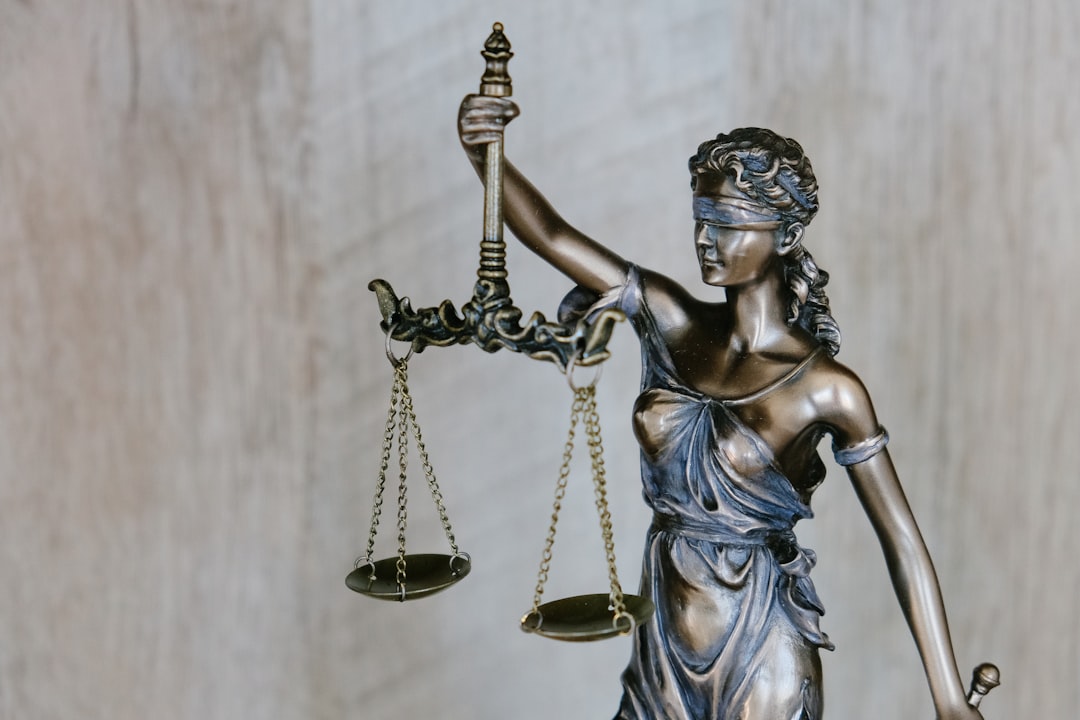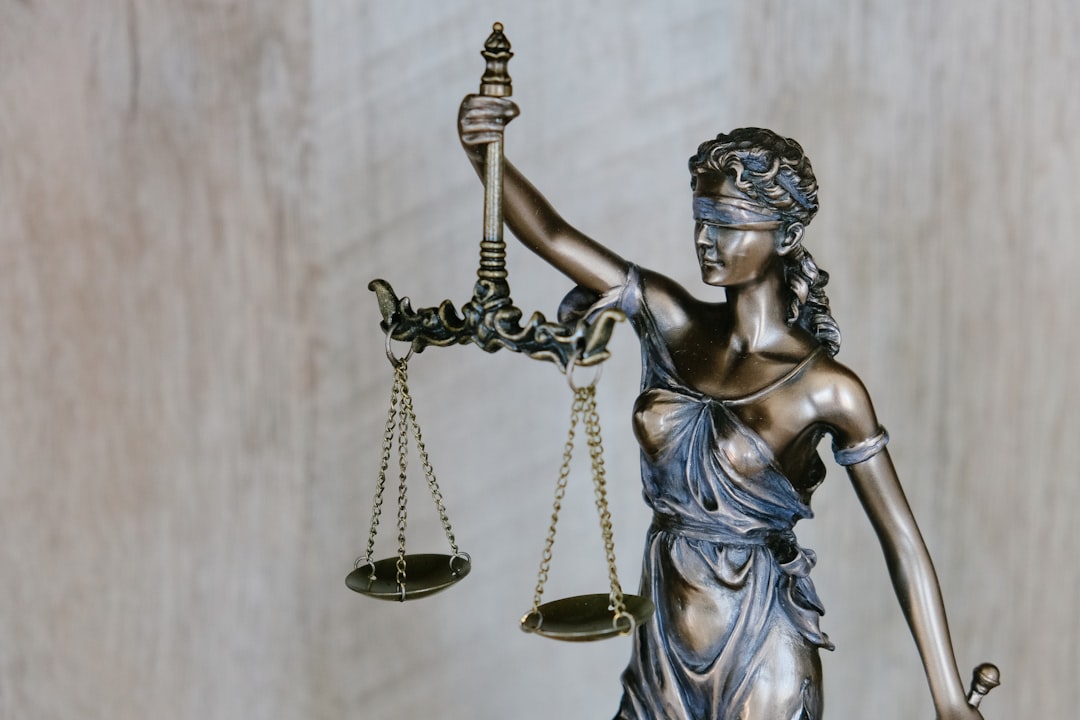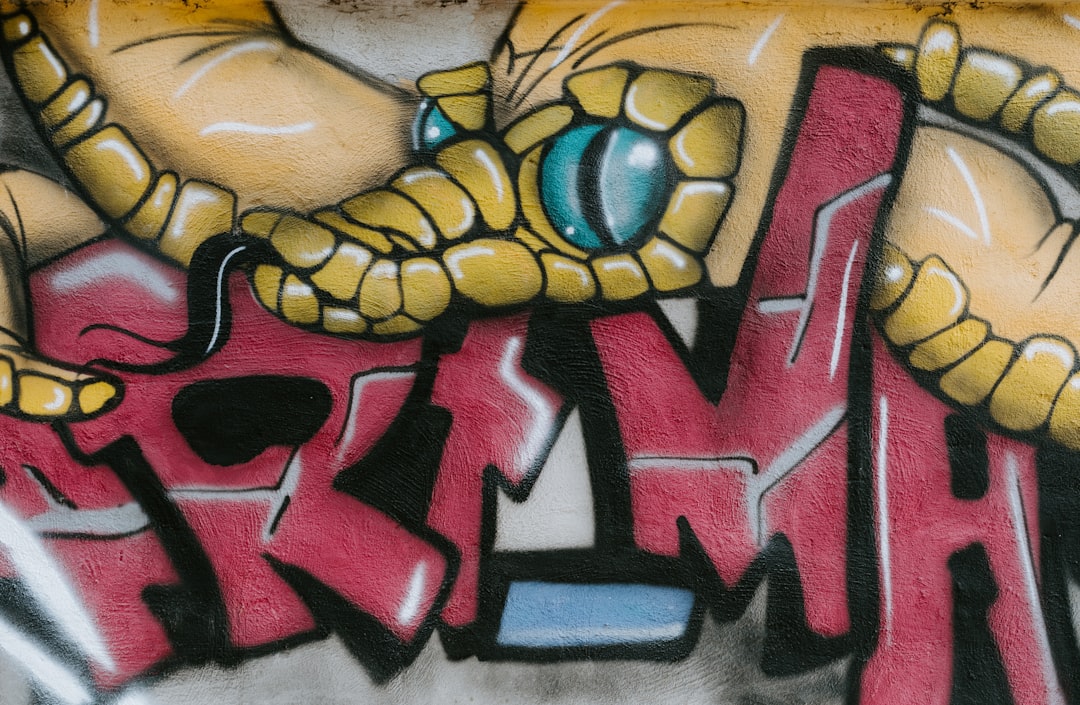In Los Angeles, CA, child sexual assault lawyers emphasize detailed documentation, medical records, witness testimonies, and physical evidence like clothing or digital traces to build strong cases. Meticulous interviews with survivors and behavioral observations provide crucial evidence for court, ensuring swift and just resolutions for victims of child abuse.
In Los Angeles, California, where child sexual assault is a grave concern, robust evidence collection is pivotal for successful prosecutions. This article delves into the crucial aspects of building a solid case for child abuse, focusing on legal requirements and evidentiary gathering strategies. We explore physical, medical, and forensic evidence, as well as the documentation of survivor testimonies and behavioral insights. For those seeking justice, understanding these elements is essential, especially with the aid of experienced child sexual assault lawyers in Los Angeles CA.
Understanding Legal Requirements for Child Abuse Cases

In child abuse cases, especially involving sensitive issues like child sexual assault, navigating legal requirements is paramount. Los Angeles CA residents and visitors must be aware that proving such allegations requires robust evidence to meet the legal standards set by the state. Child sexual assault lawyers in Los Angeles CA emphasize the need for detailed documentation, medical records, witness testimonies, and physical evidence to build a compelling case.
The legal system demands a high burden of proof, and understanding these requirements is crucial for all parties involved. Legal professionals in this field guide victims and their families through the process, ensuring that every piece of evidence is presented effectively. This includes reports from medical experts, therapy sessions, and any digital or physical items that can corroborate the abuse, thereby facilitating a swift and just resolution.
Gathering Evidence: Physical, Medical, and Forensic

When building a strong case for child abuse, particularly in instances of child sexual assault, gathering comprehensive evidence is paramount. This involves meticulous documentation and collection of various types of evidence to support the victim’s claims and ensure justice. Physical evidence includes any tangible items that may have been used or left behind during the assault, such as clothing, bedding, or toys, which can be analyzed for DNA or other forensic clues. Medical examinations play a crucial role in documenting injuries, both physical and psychological, and establishing a timeline of events through medical records and expert testimony from pediatricians or child abuse specialists.
Forensic evidence is another critical component, with special attention to any digital or electronic traces that may exist, such as text messages, online activity, or security footage from locations where the assault took place. These various forms of evidence work together to paint a vivid picture of what occurred, providing irrefutable support for child sexual assault lawyers in Los Angeles CA who advocate on behalf of their young clients.
Documenting Testimonies and Behavioral Insights from Survivors

When navigating complex child abuse cases in Los Angeles, CA, meticulously documenting testimonies and behavioral insights from survivors is paramount. Child sexual assault lawyers in Los Angeles CA emphasize the importance of gathering detailed accounts from victims to build strong legal cases. This includes thorough interviews where survivors are encouraged to share their experiences freely, providing crucial evidence that can be used in court.
Behavioral changes and unusual patterns among children should also be closely observed and documented. Survivors might exhibit withdrawal, fear of certain places or people, changes in sleep patterns, or sudden aggression. These behavioral insights, coupled with medical examinations and corroborative evidence, serve as compelling indicators of abuse. Such documentation is instrumental for child sexual assault lawyers in Los Angeles CA to build robust cases that protect survivors and hold perpetrators accountable.






